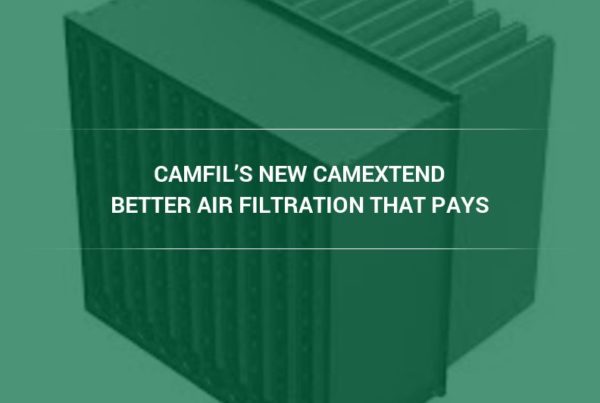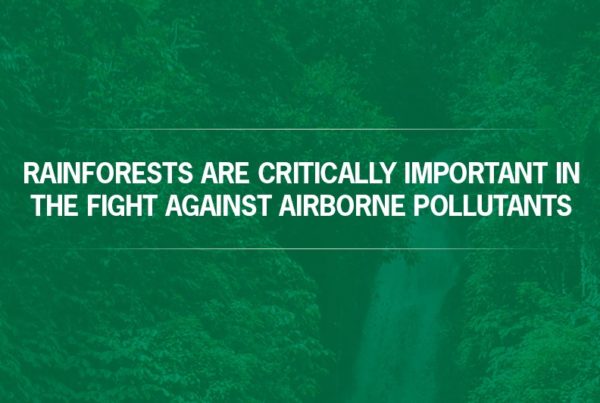Air quality problems are growing across the globe, making the efforts in the UK’s largest metropolis noteworthy – and vital
As research into air pollution continues, concerns about its health consequences are growing. In cities across the globe, the level of harmful airborne particles is already dangerously high, bringing increased risk for asthma, emphysema, and even cancer. Nor is the problem restricted to the outdoor environment. Harmful particles can often seep inside buildings, making the risks of poor indoor air quality particularly troubling.
In London, two new reports – one released by King’s College of London and the other by the Greater London Authority (GLA) — highlight just how dangerous air pollution can be and how steps to reduce the problem are urgently needed.
Using emerging techniques to calculate the health risks associated with nitrogen dioxide – a common pollutant – King’s College found that in 2010, just under 6,000 deaths in London were associated with long-term exposure to NO2. Meanwhile, the researchers found that long-term exposure to PM2.5 – ‘fine’ size particles (of less than 2.5 micrometers in diameter) that can easily lodge deep in the lungs — was associated with 3,500 London deaths in 2010. All told, nearly 10,000 local deaths, in just one year, could be traced back to air pollution.
But the GLA’s report showed that London, at least, was not planning to sit back as pollution-related deaths mounted. The report noted that the city’s mayor has proposed that central London become the world’s first Ultra Low Emission Zone by 2020 – complying with the new ‘Euro 6’ emission standard designed to reduce nitrogen oxide emissions by half. The city government has also proposed the introduction of London’s first age restriction for taxis, intended to retire more than 6,000 of the oldest — and most polluting — vehicles. Another proposal, intended to go into effect in 2018, would require all new London taxis to be emit zero emissions.
The GLA report notes progress, too, with NO2 concentrations at London roadside sites reduced by an estimated 12 percent since 2008.
Yet one finding in the GLA report was decidedly more sobering: Even if emissions in London were to be reduced by half, long-term — and even short-term — exposure to air pollution would still bring a significant level of adverse health impacts.
This makes it important for businesses and individuals to do their part, too. Indoor air quality, for instance, can be dramatically improved with proper air filtration – a step many businesses, hospitals, educational institutions, and property owners are already taking, not just in the U.K. but also around the world. It is a step being supported – and facilitated – by a new generation of high efficiency air filters, like those developed by Camfil, the world’s leading provider of clean air solutions.
Operating a half dozen global research centers, Camfil has created a line of air filters that last longer, use less energy, and do a better job removing harmful particles from indoor air than more conventionally designed filters. The result: optimal indoor air quality and a lower total cost of ownership – a true ‘win-win’ scenario. Indeed,
Camfil’s ‘5-Star’ filters can reduce energy usage by 20 to 40 percent while increasing the safety, and the comfort, of indoor air.
Air pollution is a growing problem, but the solutions to tackle it are maturing, too, becoming more effective, more efficient, and more affordable. Together, policy and technology can team up to reduce the perils, and boost health and quality of life for everyone.
The world leader in air filtration systems, Camfil provides clean air solutions for hospitals, hotels, office buildings, educational institutions, and pharmaceutical and biotech companies. We provide the tools to achieve sustainability, maintain high air quality, and reduce airborne infections — all while lowering total cost of ownership. Camfil customers go green without ever sacrificing performance. For more information, visit us Camfill Air Filters Catalog online at www.camfil.us or call us toll-free at 888.599.6620.



